Producers committed to agricultural sustainability call for strengthening global cooperation and public-private partnerships at congress with prominent IICA participation
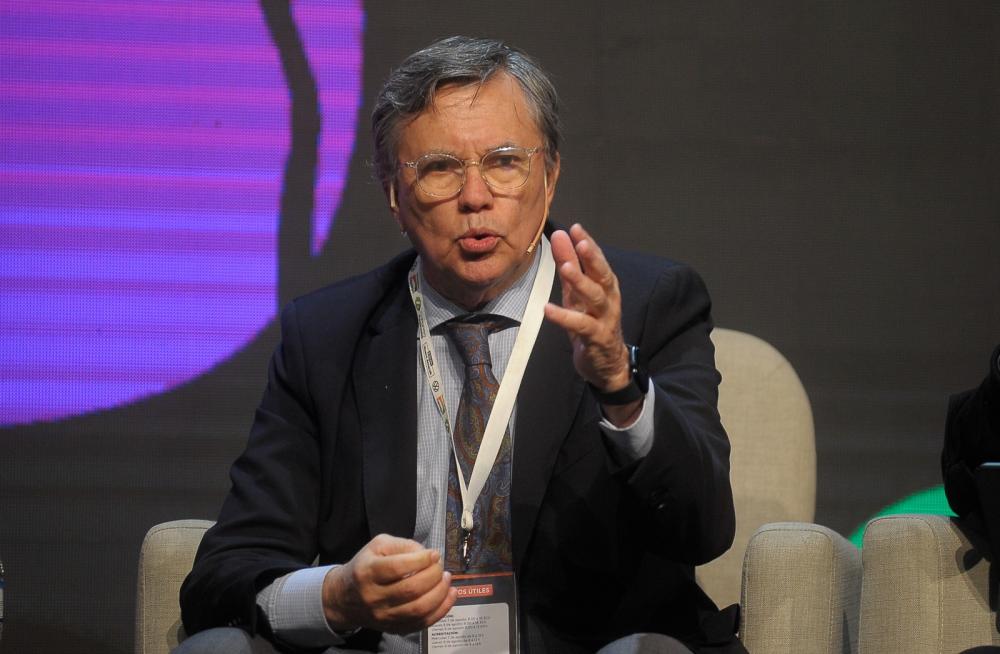
Buenos Aires, 9 August 2024 (IICA) – Agricultural producers, private sector leaders, and science experts called for strengthening global cooperation to address the planet's challenges and agreed that Latin America is a leader in the agricultural transformations occurring worldwide.
The opening of the Congress of the Argentine Association of No-till Farmers (AAPRESID), a network that has worked for over 30 years on sustainability in agriculture, brought together around 7,500 people in Buenos Aires, including producers, company representatives, and academic leaders committed to innovation as a central tool for agricultural sustainability.
The Inter-American Institute for Cooperation on Agriculture (IICA) played a prominent role in the AAPRESID Congress, through a strategic partnership aimed at reinforcing the future agenda, linking science and production with a focus on agricultural transformation, innovation scenarios, and climate change mitigation and adaptation.
The opening of the congress—which includes over 100 conferences over the course of three working days—included a panel within a special section designed by AAPRESID and IICA, which focused on the agri-food systems of the Americas, their future perspectives, and opportunities for producers.
Marcelo Torres, President of AAPRESID, opened the panel, which featured:
- Rattan Lal, renowned professor, 2020 World Food Prize laureate, and considered the leading global authority in soil science.
- Izabella Teixeira, IICA Special Advisor for the G20 and COP 29 and 30, and former Minister of Environment of Brazil.
- Kip Tom, agricultural producer and former U.S. Ambassador to the UN agencies in Rome.
- Joachim Von Braun, distinguished German scientist from the University of Bonn, Germany.
- Manuel Otero, Director General of IICA.
The moderator was the prominent economist Roberto Bisang, Professor at the University of Buenos Aires (UBA).
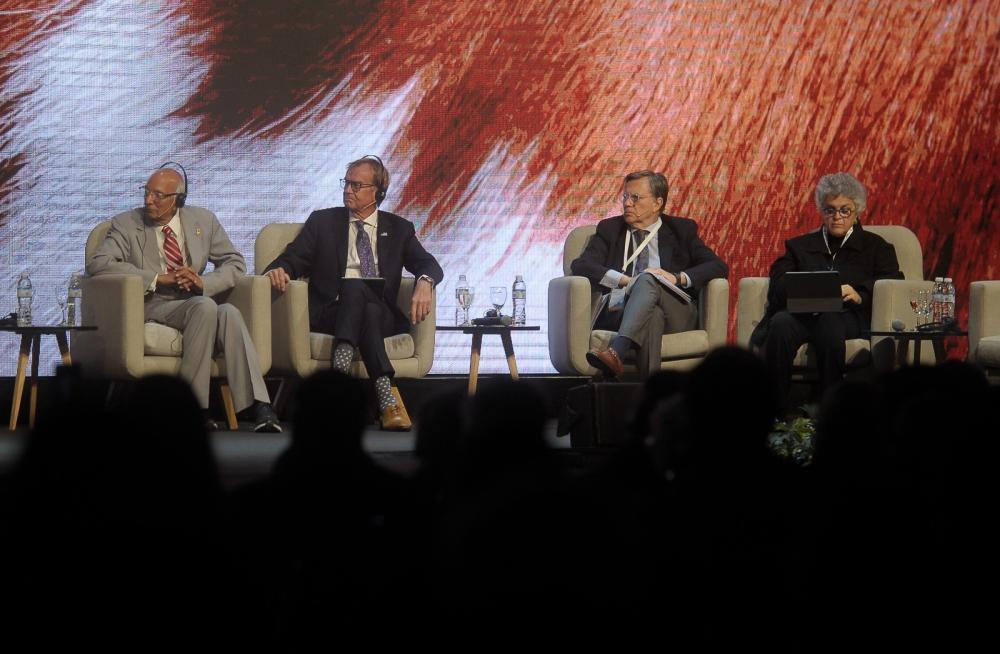
IICA’s Key Role in Positioning
Torres highlighted the value of the collaboration between AAPRESID and IICA and emphasized the need to enhance networks among major agricultural stakeholders to support the transformation necessary for greater productivity and sustainability.
“Our alliance with IICA is strategic because the Institute has played a key role in including the agriculture of the Americas in the global debate. It does this with concrete and impactful actions, such as its work defending agriculture at the COPs, the main global forum for climate negotiations,” he said.
“We need more global collaborative spirit to tackle increasingly complex challenges. Promoting sustainable production systems that allow us to produce more with less through knowledge exchange is essential. The region can lead these transformations with active participation from producers,” Torres added.
Von Braun shared his view on Latin America's role as a key player for the future of agri-food systems and considered that an unavoidable path is the strengthening of bioeconomy, which he defined as the use of renewable biological resources to produce food, energy, and industrial products, thereby enhancing sustainability.
“Bioeconomy is emerging as a transformative force for sustainable development. There is an opportunity for the region to lead, due to its resources, biodiversity, scientific capabilities, and global demands,” said the scientist.
“Agri-food systems,” he added, “must go beyond commodities and value chains to embrace all the opportunities that agriculture has to offer to people and the planet.”
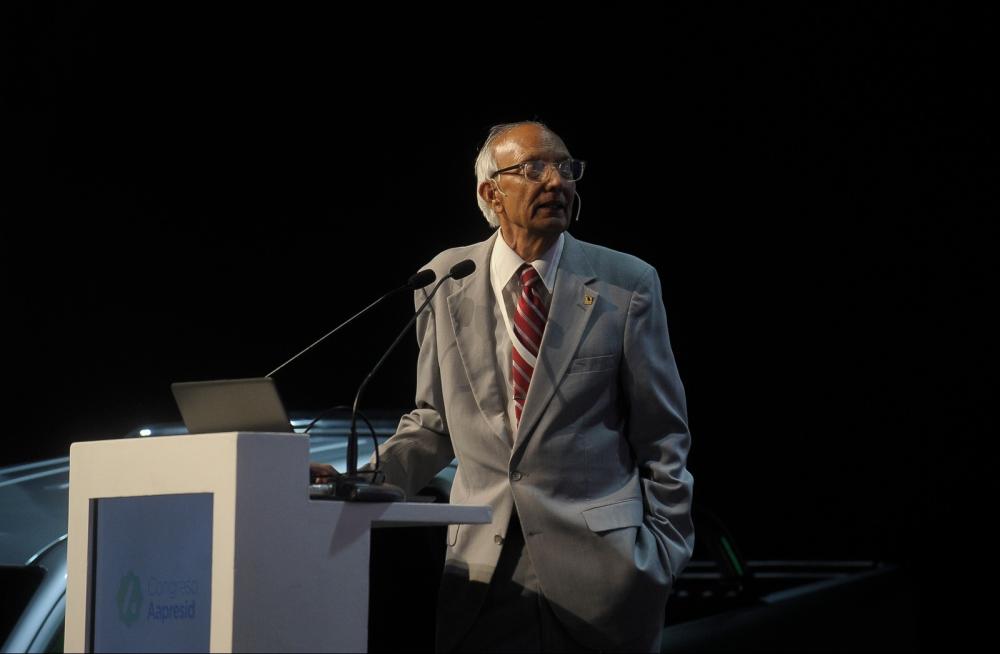
A New Philosophy
For his part, Rattan Lal explained that the new transformation of agriculture should be based on soil health, resilience, ecosystem conservation, and scientific tools.
“There is a lot of talk about regenerative agriculture today, but it is very important to understand that this is a concept, a philosophy, not just a technique. It relies on innovation, the use of non-fossil fuels, circular economy, green infrastructure, and the recarbonization of the biosphere,” he stated.
Kip Tom focused on the need for farmers to be involved in decision-making regarding public policies for production. “It is the farmer,” he justified, “who must implement the political decisions in the field, and ensure that food is available and accessible to all.”
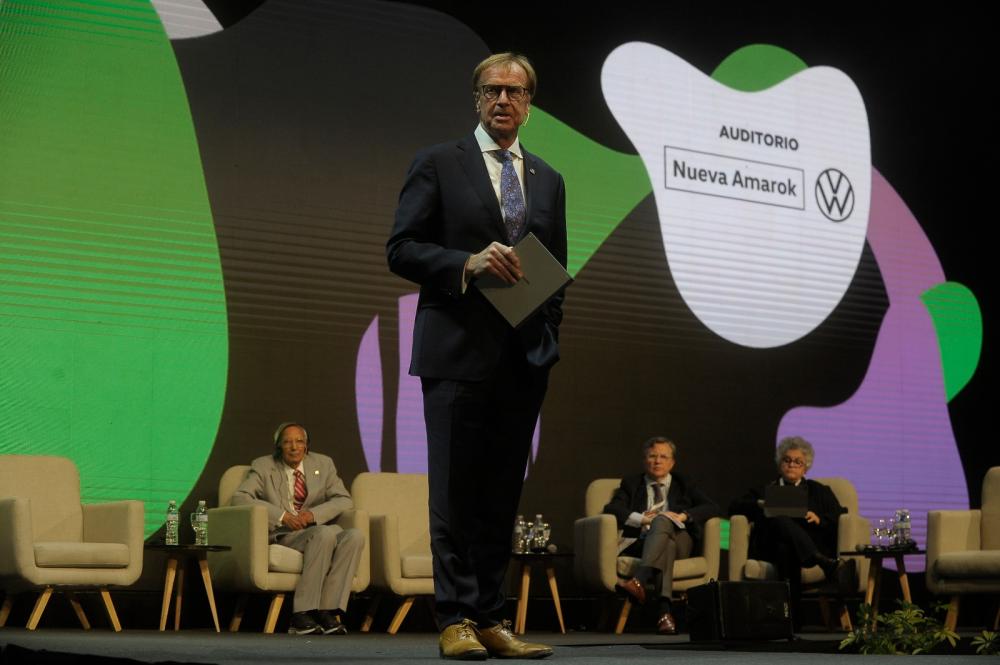
IICA Director General Manuel Otero stated that agriculture has made significant strides in the past 60 years to feed a growing global population with reduced use of natural resources, but warned that it now faces very significant challenges.
“The next 25 years,” he said, “will be decisive and more important than the previous 10,000 years. We hold the future of agriculture in our hands. We need to design public policies that benefit nature, farmers, and innovation while considering a long-term vision.”
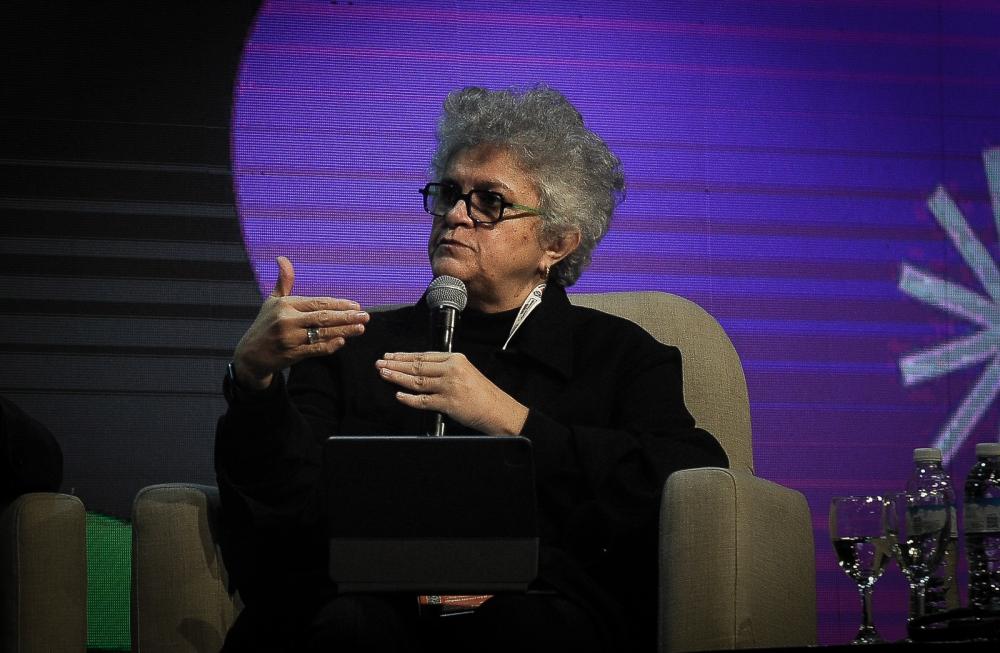
Izabella Teixeira, former Minister of Environment of Brazil and IICA Special Advisor for the G20 and COP29 and COP30, another speaker, said, “Just as we must reject climate change denialism, we must also reject denialism about agriculture and its role in increasing the decarbonization of the global economy, which is not based on scientific evidence and blames agriculture for all problems.”
More information:
Institutional Communication Division.
comunicacion.institucional@iica.int